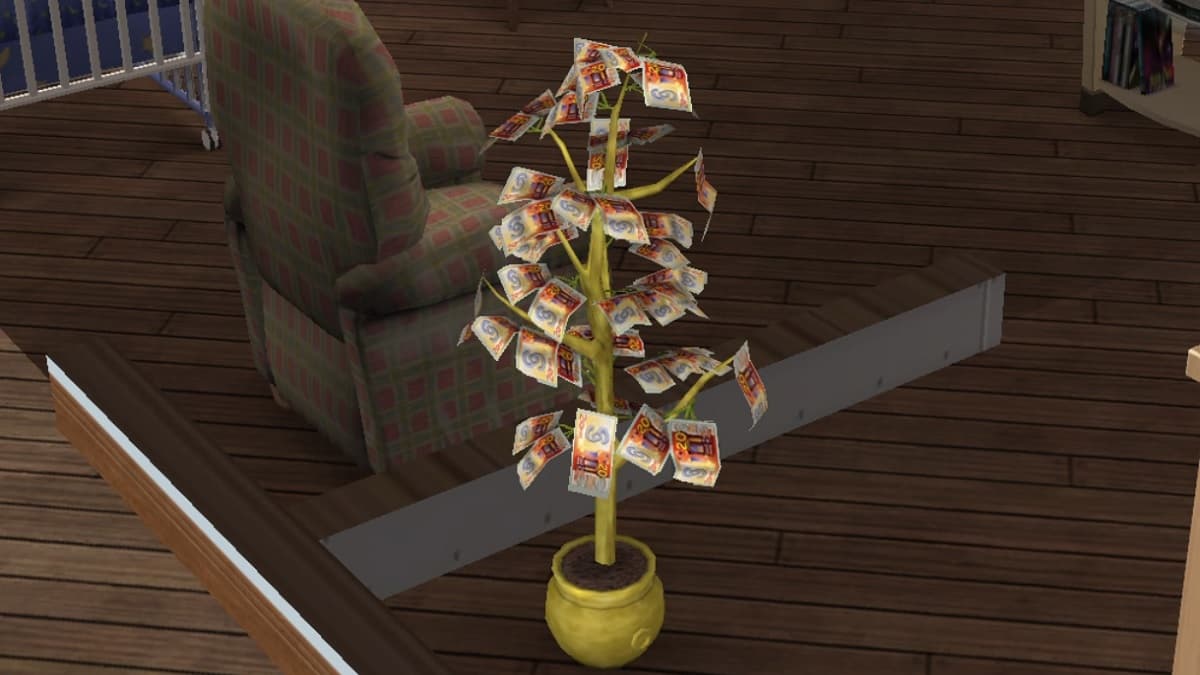I am a father, husband, gamer, journalist, writer, and artist. These are labels that have been given to me or that I’ve applied to myself, and for the most part they are harmless labels.
Although these labels do fit me into categories, I’m not offended by any of them and none of them really lead to offensive labels — at least not from anyone reading this. If I mention that I’m from Missouri, I might get labeled a hick or Bible thumper because of my location in the United States. These labels aren’t ones that I’m particularly fond of, but I can’t say that either would get me angry. Lucky for me, my race doesn’t stir up many offensive labels on the internet, either.
Unfortunately, some people aren’t that lucky. My state of mental health does get me labeled absent-minded or scatter-brained because I do have ADD, but the labels on my condition are far less offensive than others.
When hopping into an online community, you will run into a wide variety of people with labels. You’ll find people labeled Muslim, black, Asian, autistic, gay, or female — among others. Although I cannot in any way speak for any people with those labels, I can help prevent situations that might be toxic to any of the people carrying those labels. In fact, it’s kind of my job to help prevent toxic environments for them, not because I’m a white, anglo-saxon, Protestant male, but because I’m a human and so are they.
This week, I’d like to take some time to discuss toxic communities, why they happen, and how to possibly prevent them in your future.
Why All the Rage?
 I’m sorry, Riot, but among today’s online games, League of Legends is the most often quoted as being the most toxic. I see why. The game is highly competitive. A lot can go wrong in a 30-minute or so match. And although age isn’t important, maturity is, and LoL does cater to a less mature group of individuals. However, LoL wasn’t the only game to have this reputation. Halo, CounterStrike, and even World of Warcraft have been said to have very toxic communities.
I’m sorry, Riot, but among today’s online games, League of Legends is the most often quoted as being the most toxic. I see why. The game is highly competitive. A lot can go wrong in a 30-minute or so match. And although age isn’t important, maturity is, and LoL does cater to a less mature group of individuals. However, LoL wasn’t the only game to have this reputation. Halo, CounterStrike, and even World of Warcraft have been said to have very toxic communities.
What happens? Why do these communities become toxic? For certain, Riot nor Valve nor Blizzard set out for their communities to become vial. And it’s not necessarily something they anticipated. Unless you believe as Orcs Must Die! Designer Jerome Jones, who in an interview with Polygon last year said “There’s probably something good about the toxic players showing up and sticking with your game.” His continued by saying, “The good thing is probably that it’s a good game. It’s holding their interest; it’s keeping them around.”
Of course, Robot Entertainment clarified Jone’s statements by saying that “toxic players that worsen the experience for the Orcs Must Die! Unchained community absolutely will not be tolerated.”

He was right about one thing: Good games attract toxic players. But how do the toxic player become the dominant player group? For this, I point to something that BioWare Writer David Gaidor said in his Tumblr blog. He explained that he doesn’t spend much time in the BioWare Social Network because “the signal-to-noise ratio seems to be worsening.”
The discussion turns into “one of those parties where all anyone is doing is bitching.” A reasonable person at a party like this would find a way to leave and leave quickly. Being the internet or an online game, the players either just say nothing or leave the game. It’s a surprisingly easy thing to do when you’re a reasonable person. When the reasonable people are all now quiet or have left, you find that everyone who is talking all agree with each other or are so passionate about their hate for the haters that they stick around just to argue. Of course, this presents a situation where no new players want to join the community because of the deep-seated baggage.
The once great community of people discussing topics of all sorts turns into an echo chamber of bitchy people and those who are in strong opposition. The internet yelling becomes so loud that there is no way reason can even be heard because each side is attempting to out-shout the other.

Battling the Echo Chamber
Many solutions have been presented to try to combat the echo chamber of hate, but by far, the worst one required real-life names to be used in games and on forums. I appreciate the thought behind this because it makes it so that the haters will have to be identified publicly. Of course, this also meant that those who with the object of the hater’s hate would now be publicly identified, and it could also fuel more hate if someone had a particularly ethnic name.
And I’m not sure that public shaming is the way to handle the situation. Last week, Daybreak CEO John Smedley attempted to deal with cheaters in a very public way. He explained via Twitter that if the cheaters were to make a video of them apologizing that he would unban them. There were three retweeted by Smed’s account. However, if we were to apply this to harassment or just community toxicity, then it would only give the players causing problems a bigger platform.
The only real way to deal with the situation is an active community and an active community team. I won’t rehash my discussion on what makes a great community, so I will mention ways to combat the community echo chamber that tends to happen. Don’t devolve into personal attacks. Discuss the ideas and implication of those ideas, not the person who come up with them. Avoid discussions of region, gender, race, and politics. Although this things can be fun to talk about in certain circles, a game or gaming forum is not that place.
Above all, remember the person you’re talking to on the other end of the keyboard no matter his or her label is a human who is just as worthy — if not more so — of respect and kindness as you are.








Published: May 29, 2015 09:57 am